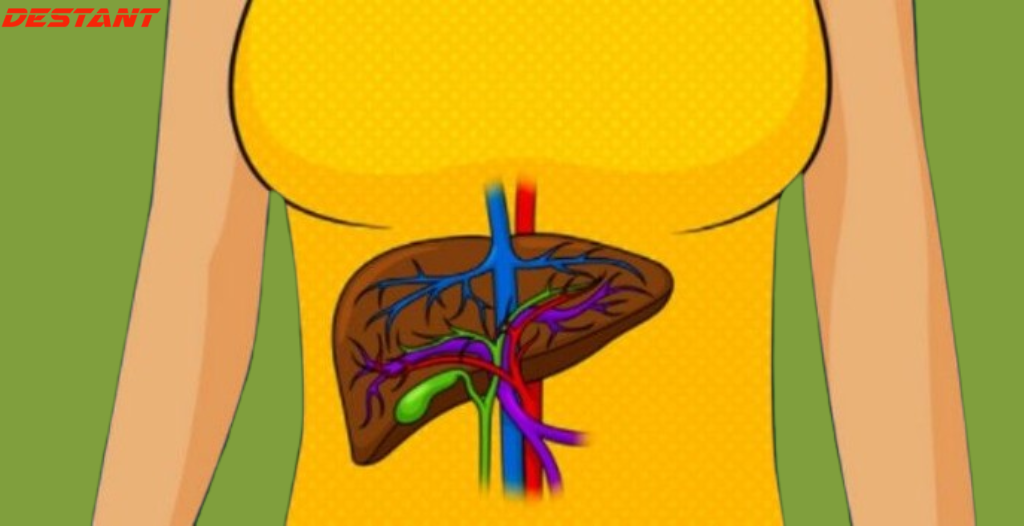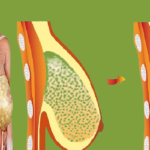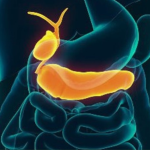Safeguarding the Liver: Early Warning Signs of Liver Issues
The liver, a pivotal organ in the body, is crucial for purifying blood from the digestive system and producing essential proteins for various bodily functions, including blood clotting. Protecting the liver from potential health issues such as hepatitis, cirrhosis, or cancer is vital. Recognizing early symptoms is key for timely intervention. Here are 9 early indicators of liver injury:
- Abdominal Swelling:
- Swelling in the abdominal area may signal liver diseases, potentially indicating ascites—a fluid accumulation in the abdominal wall. This points to liver inefficiency and the risk of cirrhosis.
- Bruises: Impaired blood clotting due to liver function failure can make individuals more prone to bruising and bleeding. Consultation with a doctor is essential to differentiate these symptoms from other conditions.
PrevNext page


